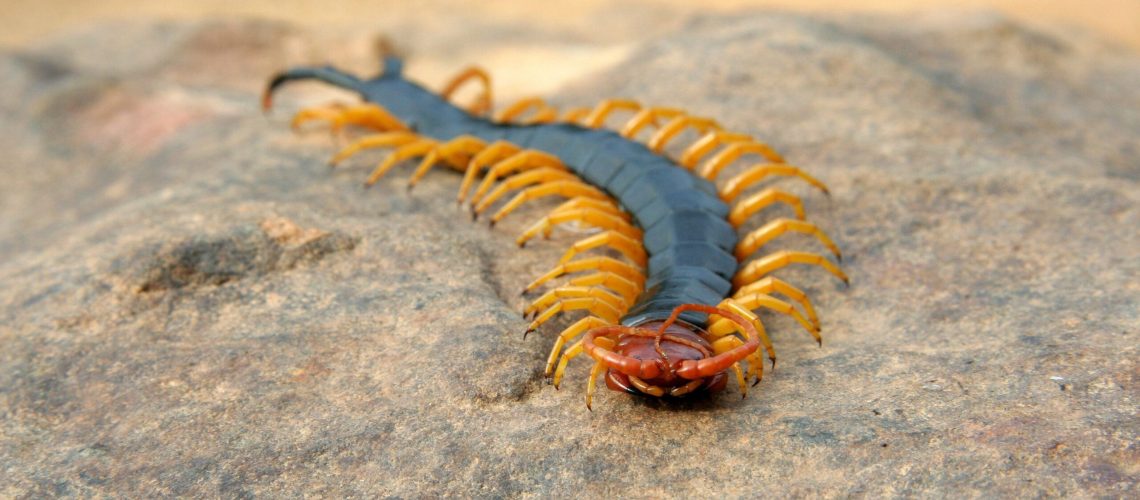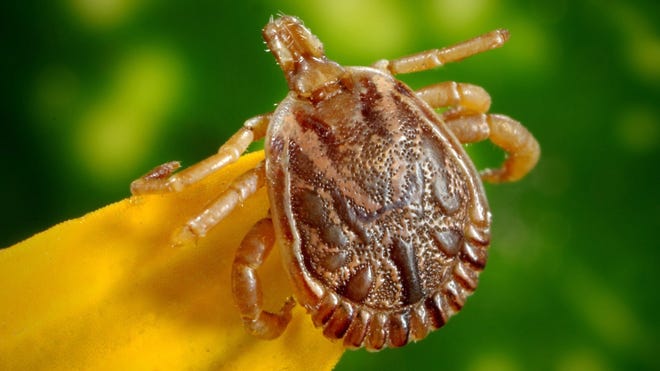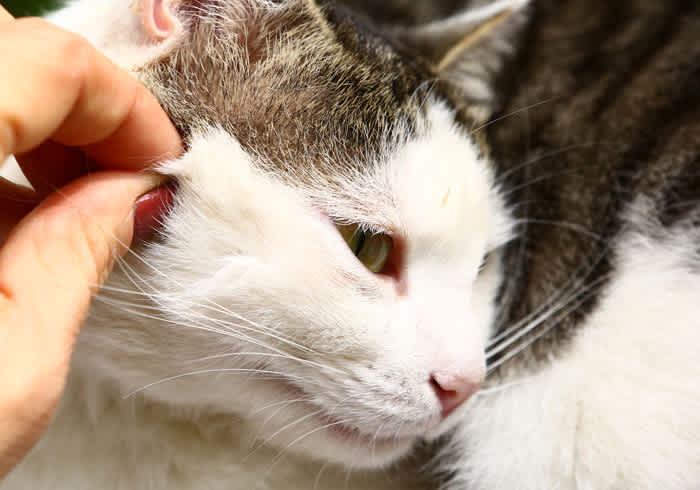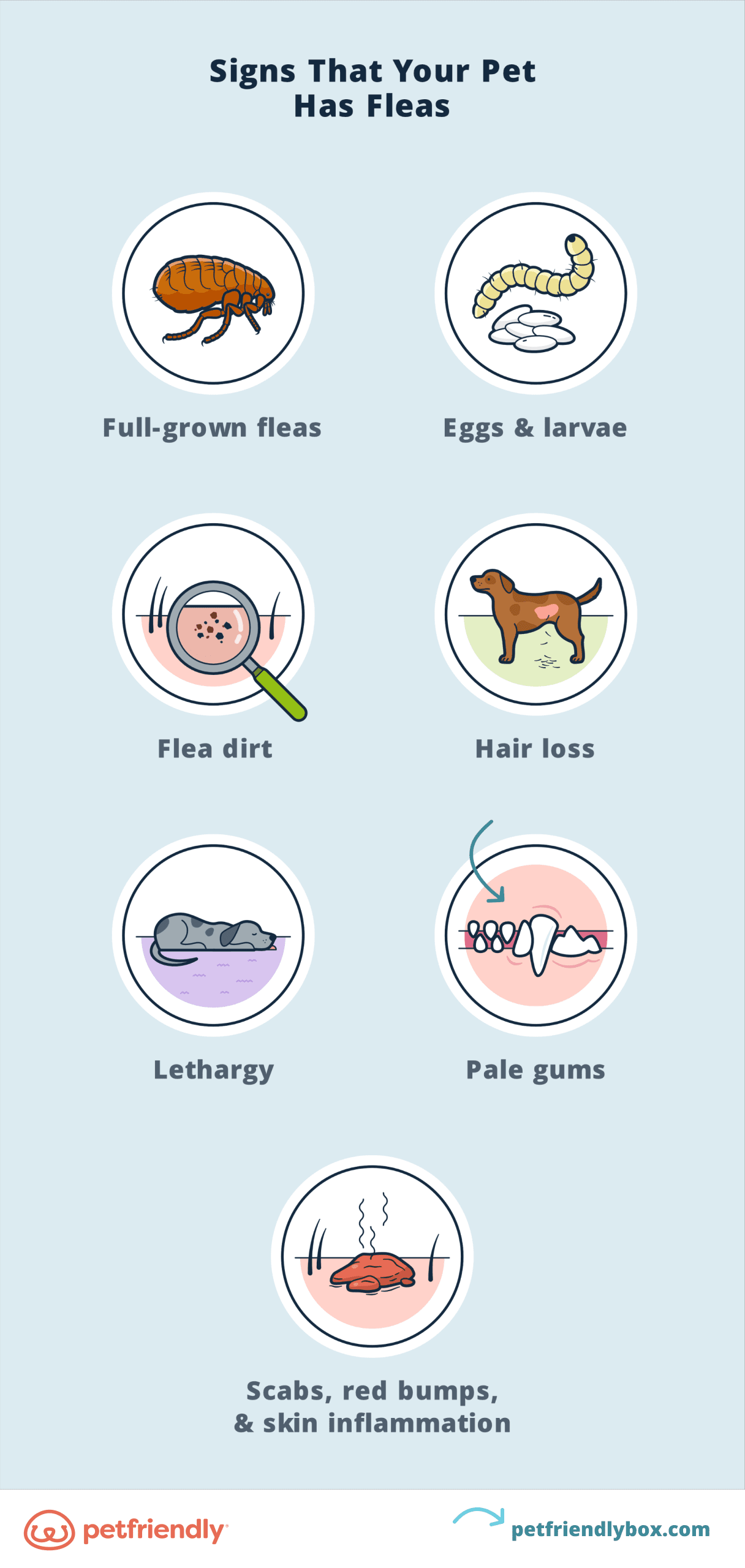Key Takeaways:
- Certain insects can pose a threat to the health and safety of cats.
- Fleas are a common insect that can harm cats, causing itching, irritation, and potential transmission of diseases.
- Ticks can also harm cats by transmitting diseases like Lyme disease or causing skin irritations.
- Mosquitoes can transmit heartworm disease to cats, which can be potentially fatal if left untreated.
- Preventive measures such as regular grooming, flea and tick treatments, and keeping cats indoors can help protect them from harmful insects.
Are you a cat owner who wants to keep your furry friend safe and healthy? Then, it's time to delve into the intriguing world of insects that can harm your cat. By understanding this topic, you will gain valuable knowledge on how to protect your beloved pet from potential dangers lurking in your backyard or even inside your home. Imagine the peace of mind that comes with knowing which insects pose a threat and how to prevent any harm from coming to your feline companion. So, let's embark on this journey together as we explore the hidden dangers that insects can present to our cats. Get ready to uncover eye-opening facts and practical tips that will empower you as a responsible pet owner. Your cat's well-being is in your hands, so let's get started on this essential quest for knowledge!
Insects That Can Harm Your Cat
1. Fleas
Fleas are tiny insects that can cause big problems for your cat. They live in the fur and feed on your cat's blood, causing itching, redness, and discomfort. Fleas can also transmit diseases to your cat, such as tapeworms and Bartonella infection.
To prevent flea infestation, it is important to regularly check your cat for fleas and use flea prevention products recommended by your veterinarian. These products can include topical treatments or oral medications that kill fleas and prevent them from coming back.
2. Ticks
Ticks are another harmful insect that can affect your cat. They attach themselves to your cat's skin and feed on their blood. Ticks can transmit diseases such as Lyme disease and anaplasmosis to cats.
To protect your cat from ticks, avoid areas where ticks are commonly found, such as tall grasses and wooded areas. Regularly check your cat for ticks after outdoor activities, especially during tick season. If you find a tick on your cat, remove it carefully with tweezers or a tick removal tool.
How Harmful Insects Affect Cats
Harmful insects like fleas and ticks can cause various health issues for cats:
- Itching and Skin Irritation:
Flea bites can cause intense itching in cats, leading to excessive scratching and skin irritation. This can result in hair loss, redness, sores, and secondary infections.
- Allergic Reactions:
Some cats may develop an allergic reaction to flea saliva or tick bites. This can lead to severe itching, hives, swelling, difficulty breathing, and in rare cases, anaphylactic shock.
- Disease Transmission:
Fleas and ticks can transmit various diseases to cats through their bites. These diseases can range from mild to severe and may require medical treatment. Examples include Bartonella infection, Lyme disease, and anaplasmosis.
The Importance of Being Aware of Insects That Can Harm Your Cat
Being aware of insects that can harm your cat is crucial for their well-being. By knowing about these harmful insects, you can take preventive measures to protect your cat from infestations and potential health issues.
Regularly checking your cat for fleas and ticks, using appropriate prevention products, and keeping your cat's environment clean can help minimize the risk of insect-related problems. Additionally, being informed about the signs of insect bites or infestations allows you to seek veterinary care promptly if needed.
An Allergy-Causing Insect for Cats
One insect that can cause allergies in cats is the mosquito. Mosquitoes are not only annoying but also carry heartworm larvae. When a mosquito bites an infected animal, it picks up these larvae and can transmit them to other animals through subsequent bites.
If a mosquito carrying heartworm larvae bites a cat, the larvae can develop into adult worms within the cat's body. This can lead to heartworm disease, which affects the heart and lungs. Symptoms may include coughing, difficulty breathing, weight loss, and fatigue.
Protecting Your Cat from Harmful Insects
To protect your cat from harmful insects like fleas, ticks, and mosquitoes:
- Use Flea Prevention Products:
- Consult with your veterinarian to choose a suitable flea prevention product for your cat.
- Apply the product as directed, following the recommended dosage and frequency.
- Keep Your Cat's Environment Clean:
- Vacuum your home regularly to remove any fleas or eggs that may be present.
- Wash your cat's bedding frequently in hot water to kill any potential insects.
- Minimize Exposure to Ticks and Mosquitoes:
- Avoid allowing your cat to roam in areas with tall grasses or wooded areas where ticks are commonly found.
- Keep doors and windows closed or use screens to prevent mosquitoes from entering your home.
Signs of a Harmful Insect Bite on Your Cat
It is important to recognize the signs of a harmful insect bite on your cat. Common signs include:
- Excessive Scratching:
If you notice your cat scratching excessively, it could be a sign of flea or tick bites. Check their fur for any signs of these insects.
- Redness and Irritation:
Insect bites can cause redness, swelling, and irritation on the skin. Inspect your cat's skin for any abnormal changes.
Natural Remedies and Preventatives to Keep Harmful Insects Away from Your Cat
There are some natural remedies and preventatives you can try to keep harmful insects away from your cat:
1. Essential Oils
Certain essential oils have insect-repellent properties. Dilute a few drops of essential oil (such as lavender, lemon eucalyptus, or cedarwood) in water and spray it on your cat's bedding or around their living area. However, it is important to consult with your veterinarian before using essential oils on your cat.
2. Herbal Collars
Herbal collars infused with natural repellents can help keep fleas and ticks away from your cat. These collars are made with herbs like rosemary, lavender, and citronella, which repel insects. Ensure that the collar is safe for cats and follow the manufacturer's instructions.
3. Regular Grooming
Regularly grooming your cat can help remove any fleas or ticks present in their fur. Use a fine-toothed comb to carefully comb through their coat and check for any signs of insects.
Remember, while natural remedies can be effective, it is always best to consult with your veterinarian before trying any new products or treatments on your cat.
Insects like fleas, ticks, and mosquitoes can harm cats by causing diseases and discomfort. It is important for cat owners to be aware of these insects and take preventive measures to protect their furry friends from potential harm.
Can bugs hurt cats?
Cats can safely consume insects like beetles and grasshoppers with rigid exoskeletons, but eating too many of these insects at once could lead to stomach discomfort. While some spiders are harmless to cats, there are certain species that can be very dangerous for them.
Can cats get sick from bugs?
Certain insects have the potential to transmit parasites that can infect cats, such as Physaloptera or stomach worms, although these occurrences are rare. Additionally, bugs can cause irritation in the gastrointestinal tract of cats, leading to symptoms such as vomiting and/or diarrhea.
What are the symptoms of bugs on cats?
Although they are generally too small to transmit diseases, mites can still cause significant discomfort. Different types of mites can infest a cat's skin, leading to itching, skin irritation, and hair loss.
Can cats survive eating insects?
Cats can safely consume insects such as crickets and mealworms in small amounts. Research indicates that they can also consume larger quantities of insects over a long period without harm. As we continue to work on our cat food, we will conduct additional research and safety tests.
Can spiders hurt cats?
Spider bites and bites from other venomous creatures such as snakes and scorpions can be deadly for pets, particularly cats. Cats are more susceptible to spider bites compared to dogs and humans, and they are also more likely to provoke a spider into biting them.
Can cats eat ladybugs?
Can Ladybugs Harm Humans or Pets? Ladybugs are tiny insects that eat other bugs and can sometimes infest homes during the summer. Thankfully, these colorful bugs are not poisonous to humans and only pose a risk to pets if they consume them.

















